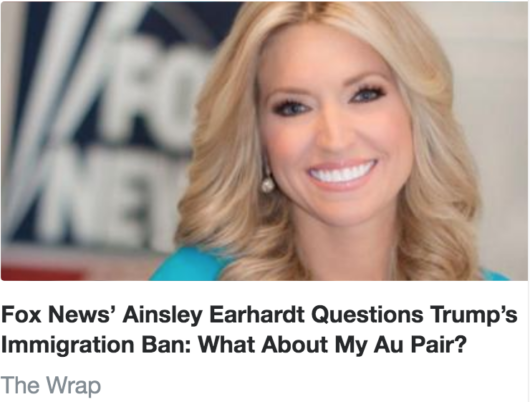The clown show defense
I often argue that the Trump administration is nothing more than a clown show. But that’s actually unfair to clowns, as they know what they are doing. They know that they are trying to look foolish, to entertain the public.
When Trump encourages the Russians to sabotage the Clinton campaign, or when he suggests looking into nuking hurricanes, or when he says things like this:
I asked Bill a question that probably some of you are thinking of, if you’re totally into that world, which I find to be very interesting. So, supposing we hit the body with a tremendous—whether it’s ultraviolet or just very powerful light—and I think you said that that hasn’t been checked, but you’re going to test it. And then I said, supposing you brought the light inside the body, which you can do either through the skin or in some other way, and I think you said you’re going to test that too. It sounds interesting…
And then I see the disinfectant, where it knocks it out in a minute. One minute. And is there a way we can do something like that, by injection inside or almost a cleaning. Because you see it gets in the lungs and it does a tremendous number on the lungs. So it would be interesting to check that. So, that, you’re going to have to use medical doctors with. But it sounds—it sounds interesting to me.
He’s not aware that he’s acting like a clown. His aides will later tell him (politely) that he made a fool of himself, and in desperation they’ll invent the “clown show defense”, the claim that Trump was just joking.
But in this case the cover-up is almost worse than the crime. Trump’s statement was obviously not a joke. The fact that they need to make that claim is tacit admission that this president is so deranged than his statements can only be defended by pretending that he was just joking.
Trump has the mind of a 7-year old boy, where it makes perfect sense that one might want to kill a virus in the body with disinfectant, and that this idea was something that doctors had never stopped to consider.
Trump’s right that people are surprised about how much he knows about medical science. But I don’t think they are surprised in the direction that he assumes.


